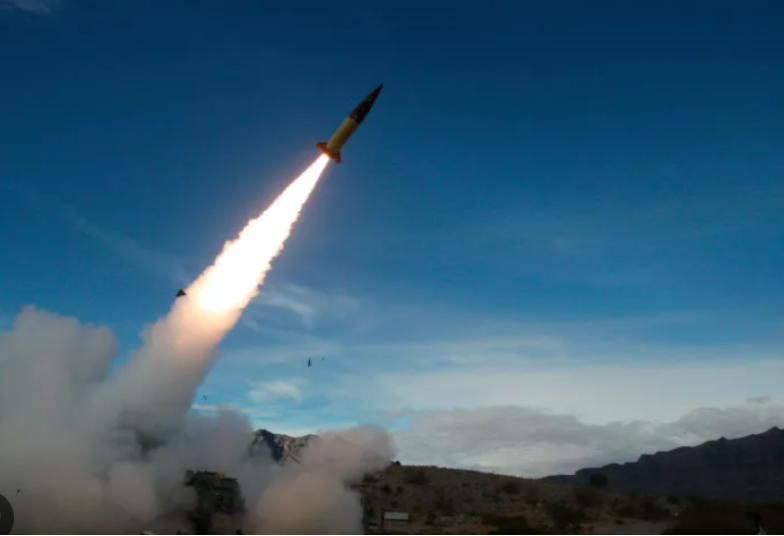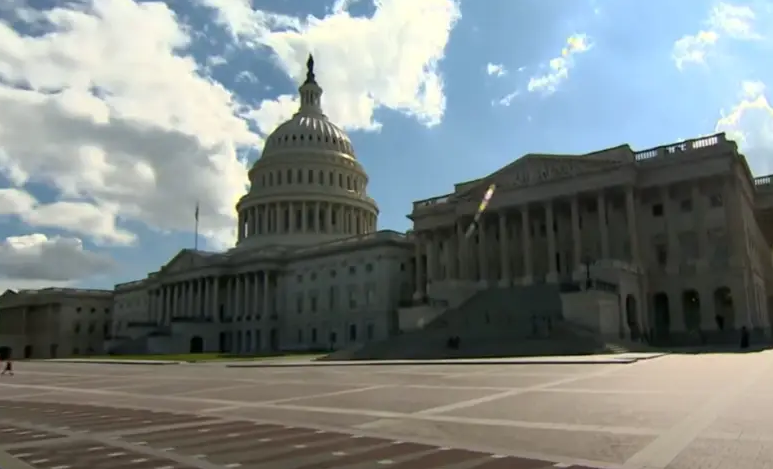[ad_1]
MONTREAL (Reuters) – The United Nations’ aviation agency on Friday recommended scaling back criteria for biofuels used on international flights as part of a compromise with developing countries who felt the rules would be too stringent, two sources familiar with the discussions said.
Aviation biofuels, now produced in small volumes from renewable sources, are expected to play an important role in a landmark 2016 aviation accord brokered by the International Civil Aviation Organization (ICAO) that aims to cap airline pollution at 2020 levels.
Biojet fuels, developed by companies like Honeywell UOP and Neste Oil Corp, are expected to deliver 56 percent of the aviation industry’s targeted emissions reductions by 2050, according to a report by Lux Research.
Several developing countries objected to ICAO’s initial proposal to ensure biofuel production doesn’t harm the environment, arguing that the rules were too complicated and could put them at a disadvantage, said the sources, who spoke on condition of anonymity because the talks are confidential.
“Some of them felt that if you set such a high threshold from the onset they won’t be able to produce anything,” one of the sources said.
Final criteria for the biofuels that airlines can use as part of the accord are expected in June.
An ICAO spokesman could not immediately be reached for comment.
European countries had originally sided with the stronger ICAO proposal that listed 12 guidelines to ensure jet fuel production wouldn’t damage the air and water or lead to labor abuses, according to one of the sources and a document seen by Reuters.
ICAO’s governing council, however, recommended scaling back the 12 guidelines to two, the sources said. The new proposal ensures aviation biofuels aren’t produced on land from razed forests or wetlands, and reduce greenhouse gas emissions by at least 10 percent compared with conventional jet fuel.
As part of the compromise, ICAO will continue studying the remaining 10 guidelines before council revisits the issue in June, the second source said.
“It’s a negotiation,” he said. “The big picture is that (the accord) advances.”
Watering down the rules dismayed environmentalists, who argued that the ICAO guidelines will have a broader impact on the fledgling biofuels industry.
“These sustainability rules have implications beyond (the 2016 deal) because they will become the de facto global standard for biofuel use in the aviation sector,” said Carlos Calvo Ambel, manager, analysis and climate with Brussels-based Transport & Environment.
Editing by Bernadette Baum
[ad_2]
Source link







Leave a Reply